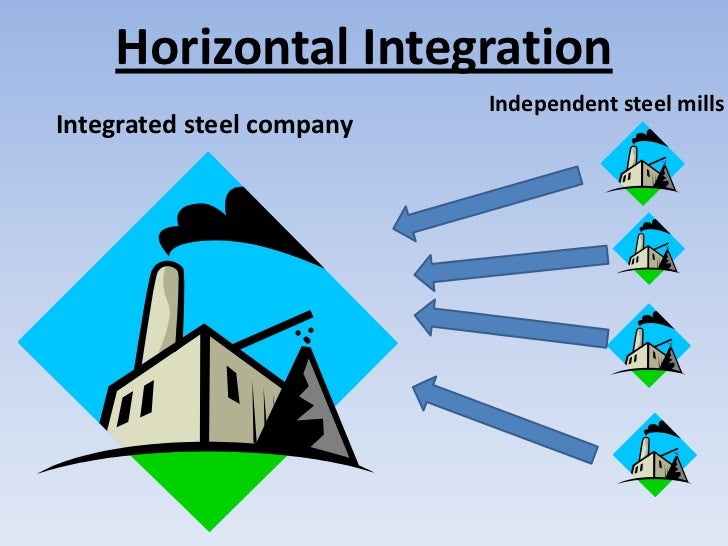

The International Convention on the Protection of the Rights of All Migrant Workers and Members of their Families.The Convention on the Rights of the Child.The Convention on the Elimination of All Forms of Discrimination Against Women.The International Convention on the Elimination of All Forms of Racial Discrimination.In addition to the minimum list of internationally recognized human rights, the UN Guiding Principles make clear that companies should also pay attention to additional standards covering the human rights of individuals from groups or populations that may be particularly vulnerable to negative impacts. The table draws on the publication by the UN Office of the High Commissioner for Human Rights, International Business Leaders Forum and the Castan Centre for Human Rights Law, Human Rights Translated: A Business Reference Guide (2008), which is an excellent source of additional information and guidance for companies. For more on this see the commentary to UN Guiding Principle 19. The responsibility of the company is different in each situation. In addition, the examples vary in terms of how the company might be involved with the impact, whether by causing it, contributing to it, or because the impact is linked to its operations, products or services, but without any contribution on its part. It should not be interpreted as a ranking of rights, nor as a definitive statement of the content of the rights, which need to be understood in light of their subsequent interpretation and with reference to the ILO core conventions. It provides a short explanation of the rights contained in the two international covenants, and offers examples of how a company’s operations might potentially impact them. The table below is intended to help stimulate thinking by users of the UN Guiding Principles Reporting Framework about how a business may be involved with negative human rights impacts.


Elimination of all forms of forced or compulsory labour.Freedom of association and effective recognition of the right to collective bargaining.The principles concerning the fundamental rights in the ILO’s Declaration on Fundamental Principles and Rights at Work, namely:.The International Bill of Human Rights, meaning the rights in the Universal Declaration of Human Rights, as codified in the International Covenant on Civil and Political Rights and the International Covenant on Economic, Social and Cultural Rights (and summarized in the table below), and.This page summarizes what the UN Guiding Principles call “internationally recognized human rights”, that is, at a minimum, the human rights contained in: They can have an impact – directly or indirectly – on virtually the entire spectrum of internationally recognized human rights. Indeed, experience shows that enterprises can and do infringe human rights where they are not paying sufficient attention to this risk.Įnterprises can affect the human rights of their employees and contract workers, their customers, workers in their supply chains, communities around their operations and end users of their products or services. The actions of business enterprises can affect people’s enjoyment of their human rights either positively or negatively. As the UN Guiding Principles Reporting Framework explains:


 0 kommentar(er)
0 kommentar(er)
